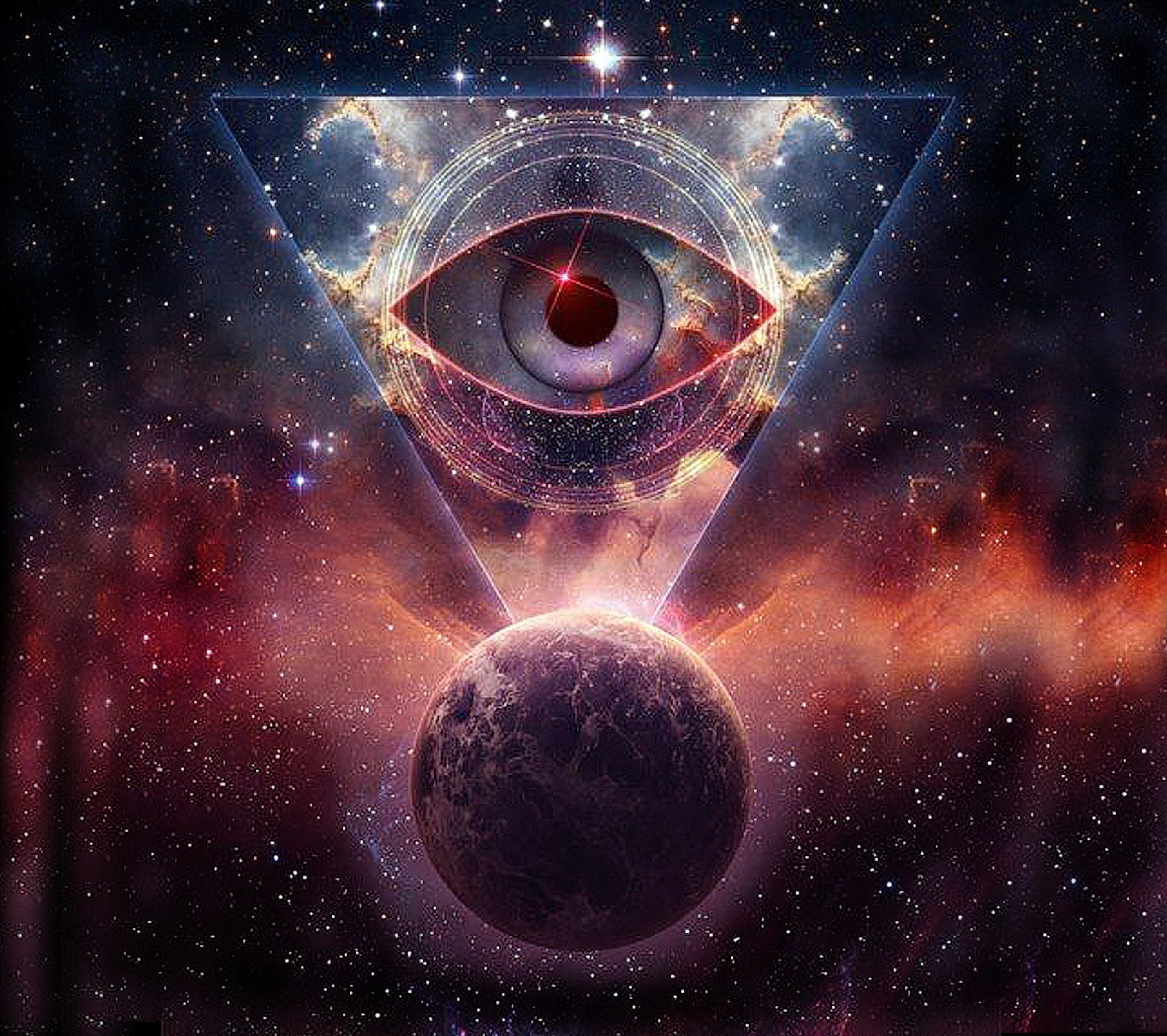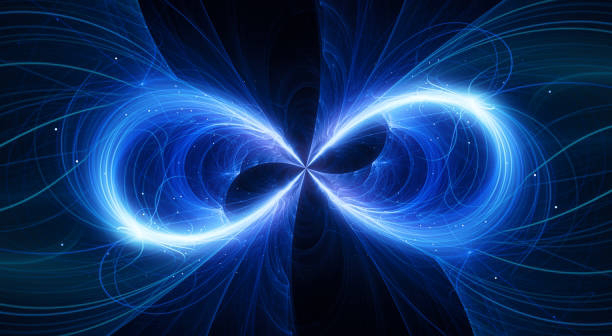A Short Abductive Argument for Theism
Note: This was the very first philosophy paper I wrote as a semester final in community college. It was in my introduction to philosophy course that I took back in 2021. So while I agree with what is said in this paper it is far far inferior to the methodology I now adopt, one can learn a lot in 2 years. Anyways even though I don't fully endorse the methodology and arguments employed here I still want to share it. Enjoy!
By: Kyle Alander
Theism vs Naturalism
I will propose a way to make progress on the question of God's existence. I will begin by laying out limitations of traditional approaches in terms of giving deductive or inductive arguments for or against the existence of God. Then I will show the problems with framing theism as if it is adding into naturalistic commitments. Finally, I will seek to show that theism enjoys certain theoretical virtues that naturalist rivals lack. My purpose is not to decisively show that theism is true, but to illustrate a strategy for making progress on this big question about the ultimate nature of reality.
There are many different kinds of arguments that have been offered for and against the existence of God. Arguments for the existence of God come in the following classification; ontological arguments, cosmological arguments, teleological arguments, moral arguments and variations of other arguments. Arguments against the existence of God comes in the following classification: arguments from evil, arguments from divine hiddenness and variations of other arguments. While there are many arguments for and against the existence of God, they all have limitations. One popular argument for God is the Kalam cosmological argument. But this argument in all its versions all rely on causal finitism which is a metaphysical assumption about the impossibility of causal infinities (Malpass, Wes Moriston 2020) .
Furthermore, the Aristotelian proof or Aquinas's five ways rely on many background assumptions related to the metaphysical systems they operate in. They would not work if something like existential inertia is true according to which concrete temporal objects tend to persist in existence without requiring an existential sustaining cause (Oppy 2019; Schmid 2020) . The arguments only work in the context of their metaphysics. One has to establish these metaphysical systems are correct before we can make a successful argument for God. The same is true for arguments against God. Arguments from evil operate on utilitarian and consequentialist assumptions (Reitan 2000). They cannot be divorced from a normative ethical theory of what God should do as it relates to evil. Arguments from evil would not work under an agent-based theory of normative ethics (Zagzebski 1996) . We need to establish a normative ethical theory in order to make a successful argument against God.
With these considerations it is important that we examine the metaphysical and ethical systems as a whole when investigating these sorts of philosophical disputes. We should make a comparative assessment of our best theories using simplicity, fitness with data, explanatory scope, predictive power and so on (Oppy 2015). Theoretical virtues can be subsumed into two basic principles; Simplicity and Explanatory power. With Simplicity there is Syntactic Simplicity and Ontological Simplicity.
The philosopher Graham Oppy presents a cumulative argument against God using Ontological Simplicity . He argues that theism includes all of the commitments of naturalism but adds additional supernatural commitments to it (Oppy 2014). By contrast, the philosopher Richard Swinburne uses more of Syntactical Simplicity to argue that Theism explains everything with one fundamental entity, whereas Naturalism has more complexity (Swinburne 2004) . We need to begin to compare the best version of Theism against the best competitive version of Naturalism.
To lay out a Theistic theory it's important to start off with God's ultimate nature so we can understand its implications. God's ultimate nature would be ideal or absolute perfection. Ideal perfection would have the greatest concentration of purely positive qualities such as limitless value. From this we can deduce all of the particular perfections. One core simple property of absolute perfection can deduce the other perfections such as omnipotence, omniscience, omnibenevolence and so forth. God's attributes are all derived from ideal perfection that is simple at its foundational core.
On the other side we have Naturalism. On naturalism all that exists is natural causal entities and powers. A Naturalism that precludes Theism would claim that reality is made of fundamental mindless matter and we are just arrangements of such matter. Consciousness would be produced by the brain and moral facts may or may not be objective. If there are objective moral facts or duties we may say that they are necessary truths. Which means they cannot be false in any possible world. While not all versions of Naturalism preclude Theism the ones that do are what we should compare to Theism. The main difference between Theism and Naturalism, then, is that Theism has ideal perfection as the foundation to reality whereas Naturalism has imperfection as the foundation.
To begin our comparison I first dispute that theism is adding to naturalistic commitments. Consider that naturalism posits fundamental imperfection (or an infinite chain of dependent things). This posit adds complexity and bruteness to naturalism (Leftow 2017). If fundamental reality is whatever physics says (whether particles, fields or some initial state), then even if there is an infinite chain of these things it is a brute fact that such things exist.
To reply, a naturalist might appeal to necessity. Perhaps instead of supposing that some imperfection is brute, we could explain the fundamental imperfection in terms of its necessary existence. However, I don’t think this reply works because it only pushes the bruteness back a step: we can now ask why do such things exist necessarily?
Theism, by contrast, provides a way to eliminate brute necessities. For ideal perfection would entail necessary existence, since necessary existence is a particular perfection. In this way, ideal perfection has an internal nature that can explain its own necessity given its ideal perfection. By contrast there's nothing about the internal nature of some imperfect foundation that would explain its own necessary existence (Byerly 2019) . On naturalism, it is simply a brute fact that things exist, or naturalism is left with unexplained necessities. Theism has a foundational explanation and so it gets rid of fundamental bruteness and provides more explanatory depth
Second, consider that Naturalism posits natural objects. However, the naturalist has to specify that these objects are mind-independent and beyond our immediate experience. We have direct awareness of experience, but not a world beyond experience (Kastrup 2018). The Theist can shave these off by holding to an idealistic ontology of mental monism where only experience exists. A world of just experience is compatible with an external world as long as the things you experience only exist in someone's experience which can be personal experience or trans-personal experience (Kastrup 2017). Instead of posting some brute world beyond and independent from experience or posting fundamental unexplained necessities we can explain necessities and shave off all mind-independent objects to stick with an experiential ontology on theism.
These considerations help to turn the tables in the comparison of naturalism vs theism. Instead of adding God to the physical universe we are instead simplifying the foundations of reality by getting rid of brute facts to provide explanatory depth and shaving off the mindless matter of a world beyond experience. It seems that theism and naturalism have totally different conceptions of the universe but in final count theism has the simpler conception when we only have an experiential ontology to the universe.
Finally, consider that we want a hypothesis that explains the most with the least. On naturalism you can have the explanatory scope needed to account for facts of the world without God. These facts include logic, mathematics, consciousness, fine tuning, morality, religious experience and awareness expanding adventures. However if they do so with a naturalism that precludes theism then they will add fundamental complexity to the theory. They may posit an abundance of different necessities or separated explanations to explain things like logic, morality and fine tuning.
Theism on the other hand can explain all of these by one fundamentally perfect necessity. Ideal perfection entails perfect goodness which serves as the moral foundation of all moral principles. Ideal perfection entails perfect knowledge which serves as the foundation of all principles of reason and mathematics. Ideal perfection entails perfect power which serves as the resources to create a world suitable for other minds which can have their own personal experiences to build identities. Ideal perfection successfully explains everything relevant to its own ontology since it internally has the resources to explain its own necessary existence as well as logical, mathematical and moral truths. Theism has the simple unification needed to explain the most with the least and does not require separated explanations since all aspects of reality converge into a single perfect source
In summary, all arguments for and against God rely on prior metaphysical theories and so we should employ theoretical virtues and compare such metaphysical theories. My conclusion is that Theism as a metaphysical theory beats Naturalism on at least these grounds: (i) eliminates all brute facts and thus has more explanatory depth, (ii) provides the simplest conception of the universe, and (iii) provides a more unified account of all necessary truths. This of course does not settle the debate on God's existence but my goal is to have pointed out the theoretical virtues that favor theism against naturalism.
Works cited
Byerly, T Ryan. “From a Necessary Being to a Perfect Being.” Analysis, vol. 79, no. 1, 2018, pp. 10–17., doi:10.1093/analys/any009.
Kastrup, Bernardo. “An Ontological Solution to the Mind-Body Problem.” Philosophies, vol. 2, no. 4, 2017, p. 10., doi:10.3390/philosophies2020010.
Kastrup, Bernardo. “Conflating Abstraction with Empirical Observation: The False Mind-Matter Dichotomy.” Academia.edu, 2018, www.academia.edu/37049147/Conflating_Abstraction_with_Empirical_Observation_The_False_Mind_Matter_Dichotomy.
LEFTOW, BRIAN. “A Naturalist Cosmological Argument.” Religious Studies, vol. 53, no. 3, 2017, pp. 321–338., doi:10.1017/s0034412517000257.
Malpass, Alex, and Wes Morriston. “Endless and Infinite.” The Philosophical Quarterly, vol. 70, no. 281, 2020, pp. 830–849., doi:10.1093/pq/pqaa005.
Oppy, G. Best Argument against God. Palgrave Pivot, 2014.
OPPY, GRAHAM. “On Stage One of Feser's ‘Aristotelian Proof.’” Religious Studies, 2019, pp. 1–12., doi:10.1017/s0034412519000568.
OPPY, GRAHAM. “What Derivations Cannot Do.” Religious Studies, vol. 51, no. 3, 2015, pp. 323–333., doi:10.1017/s0034412515000256.
Reitan, Eric. “Does the Argument from Evil Assume a Consequentialist Morality? - Volume 17, Issue 3, July 2000.” Faith and Philosophy, 16 Apr. 2021, www.pdcnet.org/faithphil/content/faithphil_2000_0017_0003_0306_0319.
Schmid, Joseph C. “Existential Inertia and the Aristotelian Proof.” International Journal for Philosophy of Religion, 2020, doi:10.1007/s11153-020-09773-9.
Swinburne, Richard. The Existence of God. Clarendon Press, 2004.
Zagzebski, Linda. “An Agent-Based Approach to the Problem of Evil.” International Journal for Philosophy of Religion, vol. 39, no. 3, 1996, pp. 127–139., doi:10.1007/bf00136244.




Comments
Post a Comment